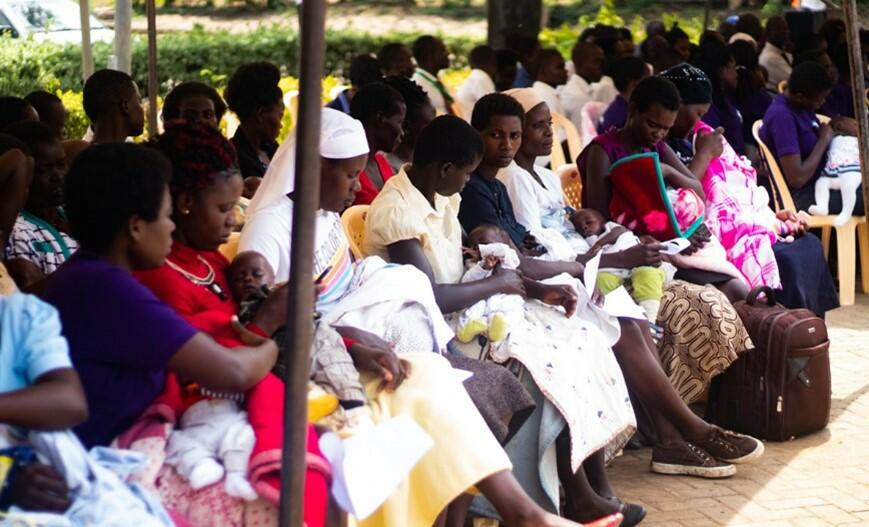
This week (1 – 7 August 2021) is World Breastfeeding Week. It marks the 1990 Innocenti Declaration on the protection, promotion and support of breastfeeding. Globally, breastfeeding is key to child survival, growth and optimal development. Breast milk contains all the essential water, nutrients and antibodies that most infants need in the first six months of life and confers benefits to both mothers and their babies. Low birth weight babies (< 2,500g) have the highest risk of dying in the first 28 days of life and those who survive often have long-term health and growth problems due to unaddressed feeding problems.
The WHO/UNICEF Baby Friendly Hospital Initiative and Baby Friendly Community Initiatives are key global strategies that seek to improve breastfeeding rates. Despite these initiatives, key gaps persist in the breastfeeding support that mothers of newborn babies receive.
Recent research in Kenya and Malawi led by the Liverpool School of Tropical (Fiona Dickinson) that sought to explore Patient Reported Outcomes among women in the immediate postnatal period, found that breastfeeding difficulties were a common and unaddressed concern for mothers of newborn babies. Related LSTM-funded research in western Kenya on community-based strategies for low birth weight infants led by Dr Helen Nabwera, found that breastfeeding problems among mothers of these vulnerable infants were the commonest problem that mother-to-mother peer supporters encountered during their support visits to mothers of low birth weight babies. Our current study, funded by the Royal Society of Tropical Medicine and Hygiene Small grant 2020 scheme and conducted in partnership with KEMRI- Centre for Global Health Research and UNICEF-Kenya, aims to assess whether using mother-to-mother peer support to establish breastfeeding among low birth weight babies in the period immediately after birth at health facilities in western Kenya, will be feasible and acceptable. The results will inform a larger intervention that seeks to enhance breastfeeding practices and experiences among infants at the highest risk of death, or poor growth and development, in the critical first 2 years of life.
This year’s focus then is to “Protect Breastfeeding: A Shared Responsibility”, a reminder that greater efforts are needed at a societal level to ensure that mothers are adequately supported to breastfeed their babies wherever they are in the world and irrespective of their social status in society.